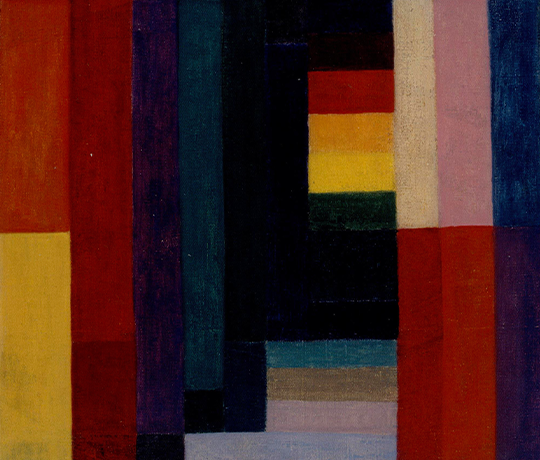
With this seminar organised by the Institute for Music, preparatory to the production of an online volume by Fondazione Giorgio Cini, the three year project on post-tonal harmony financially supported by the Ernst von Siemens Musikstiftung comes to a close.
The research group, which held its preliminary work in online sessions in the years 2021 and 2022, will present monographic works on the instrumental music of Bartók, Debussy, Hindemith, Schoenberg, Skrjabin, Stravinsky, Varèse and Webern.
The analysis of selected scores will be accompanied by insights into the treatises of the early decades of the twentieth century and a number of reflections on terminology.
Participants: Gianmario Borio, Mario Carrozzo, Pietro Cavallotti, Paolo Dal Molin, Federica Di Gasbarro, Francesco Fontanelli, Massimiliano Locanto and Ingrid Pustijanac.
From 13 to 15 March 2023 the Institute for Music of the Giorgio Cini Foundation in Venice, in partnership with the Orchestra Foundation of Padua and Veneto, is organising a workshop in the Research-led Performance cycle aimed at young conductors (age limit: 35 years) interested in an in-depth study of 20th century instrumental music.
The call for applications is aimed at the study, concerting and conducting of the following works:
– Arnold Schönberg, Kammersymphonie op. 9 for 15 players
– Bruno Maderna, Serenata 2
– Giacomo Manzoni, Hölderlin: Epilogue
The first two days will be divided into two parts:
the morning (three hours) will be devoted to the analysis of the scores and concertation strategies (gestural technique, rhythmic and listening problems, methods of communication with orchestra and ensemble) with talks by Marco Angius, Gianmario Borio and Francisco Rocca; the afternoon includes a series of guided rehearsals with members of the Orchestra di Padova e del Veneto (five hours).
On the third day there will be a concert with the participation of three scholarship holders chosen by the course lecturer, with a rehearsal in the morning and concert in the evening.
Applications deadline February 27th 2023
For info concorsimusica@cini.it
Download applications
Partecipation Form
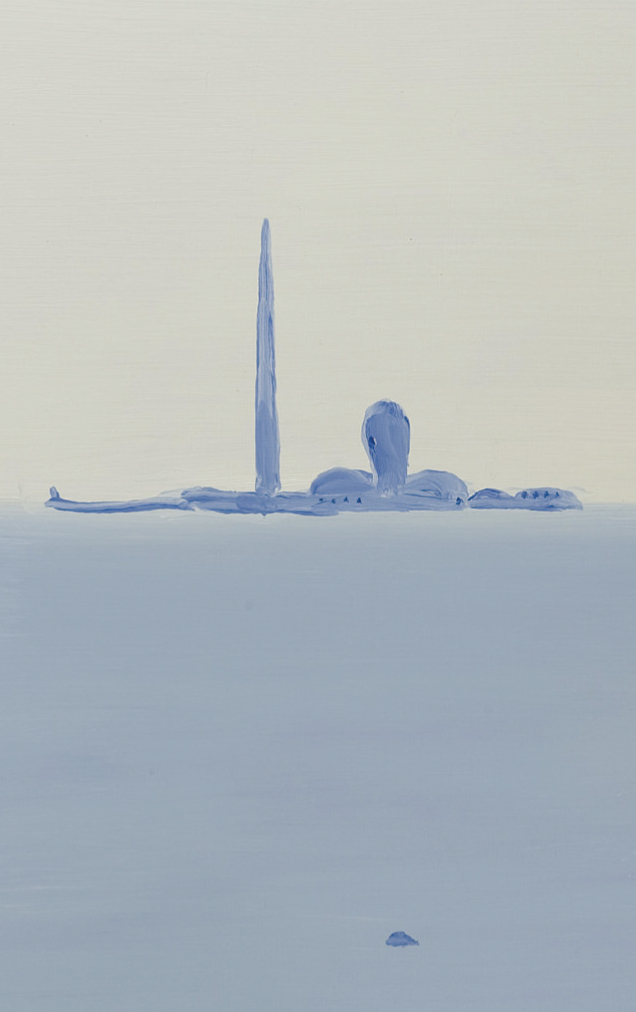
From 24 to 31 July 2023 the Institute for Music presents The Exploratory: Venice New Music Courses, masterclass by Nicholas Isherwood, Abbie Conant, Roberto Fabbriciani, Joëlle Léandre, Robyn Schulkowsky, Daan Vandewalle, Olga Neuwirth, Gianmario Borio and Ingrid Pustijanac.
The title of this masterclass derives from a statement by Karlheinz Stockhausen:«The problem with music education is that we have conservatories, but we need exploratories». The concept of exploration will guide the event in all its components: instrumental and vocal sound production, group interaction, notation, and the scenic aspects of music making.
The masterclass is addressed to young musicians (singers and instrumentalists) and composers. It will be held at the Cini Foundation on the Island of San Giorgio Maggiore and at the Conservatorio “Benedetto Marcello” in Venice from 24 to 31 July 2023.
Application deadline: 1 June 2023
Exploratory_Bando2023_Ing
Domanda di partecipazione ExploratoryENG
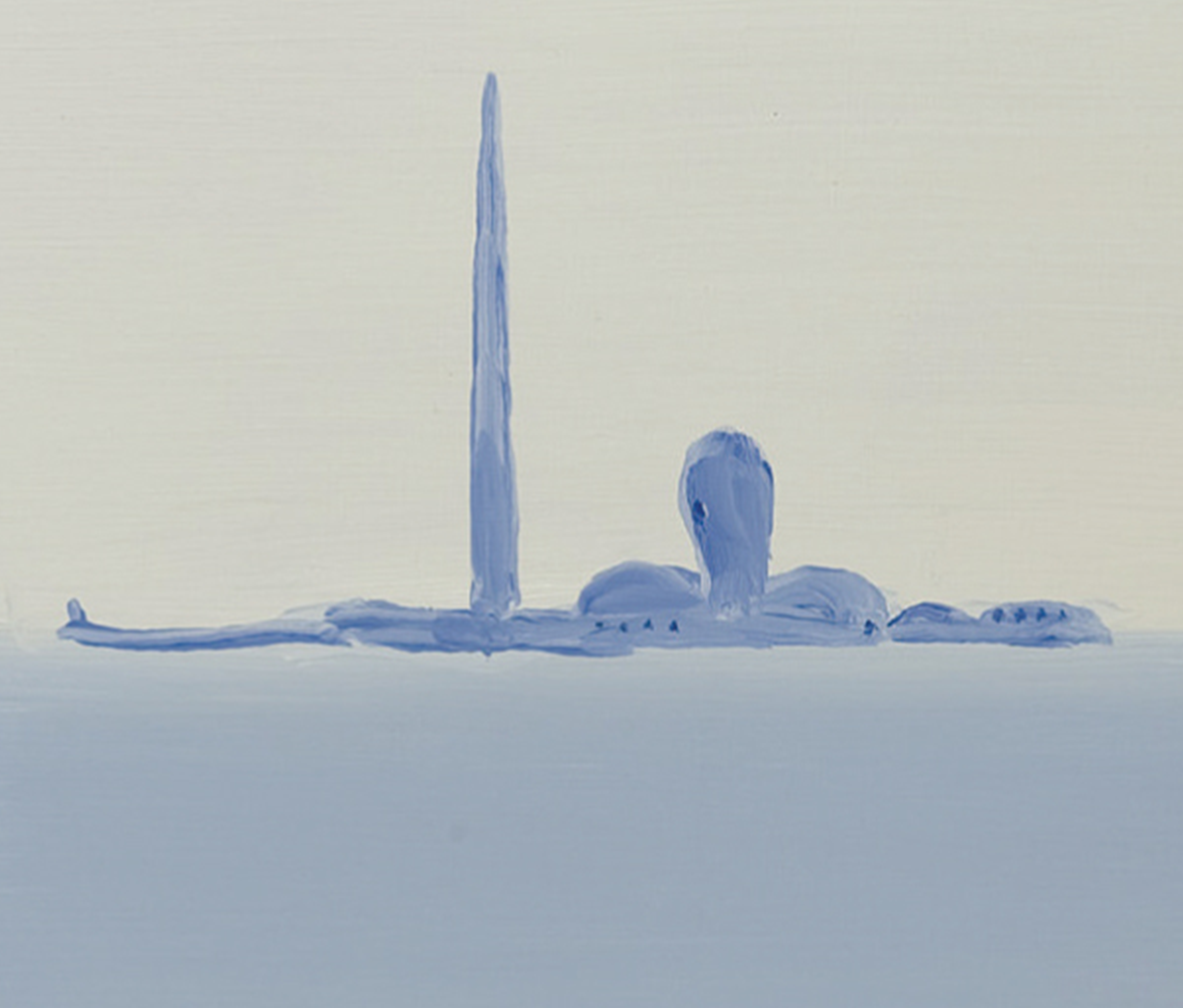
The title of this masterclass, organised by the Institute for Music in collaboration with the Conservatorio “Benedetto Marcello” in Venice, derives from a statement by Karlheinz Stockhausen: “The problem with music education is that we have conservatories, but we need exploratories.” The concept of exploration will guide the event in all its components: instrumental and vocal sound production, group interaction, notation and the scenic aspects of music-making.
By means of a call for applications, a maximum number of ten students (scholarship winners) per teacher will be selected. With one teacher from each instrument family, a wide range of possibilities in contemporary music will be explored. Lessons by voice, instrument and composition teachers will take place in the morning, while the afternoon will be devoted to improvisation and theoretical reflection on this practice. In this way, the event is linked to the Istantanee cycle, which over the last three years has dealt with various aspects of twentieth-century improvisation.
Teachers: Nicholas Isherwood: artistic director, voice, improvisation, musical theatre, composer-performer; Abbie Conant: brass instruments, improvisation, composer-performer; Roberto Fabbriciani: woodwind, improvisation, composer-performer; Joëlle Léandre: strings, improvisation; Robyn Schulkowsky: percussion; Daan Vandewalle: piano; Stefano Gervasoni: composition; Gianmario Borio, Ingrid Pustijanac: musicology.
Applications by 1st July 2023
Exploratory_Bando2023_Ing
Domanda di partecipazione ExploratoryENG
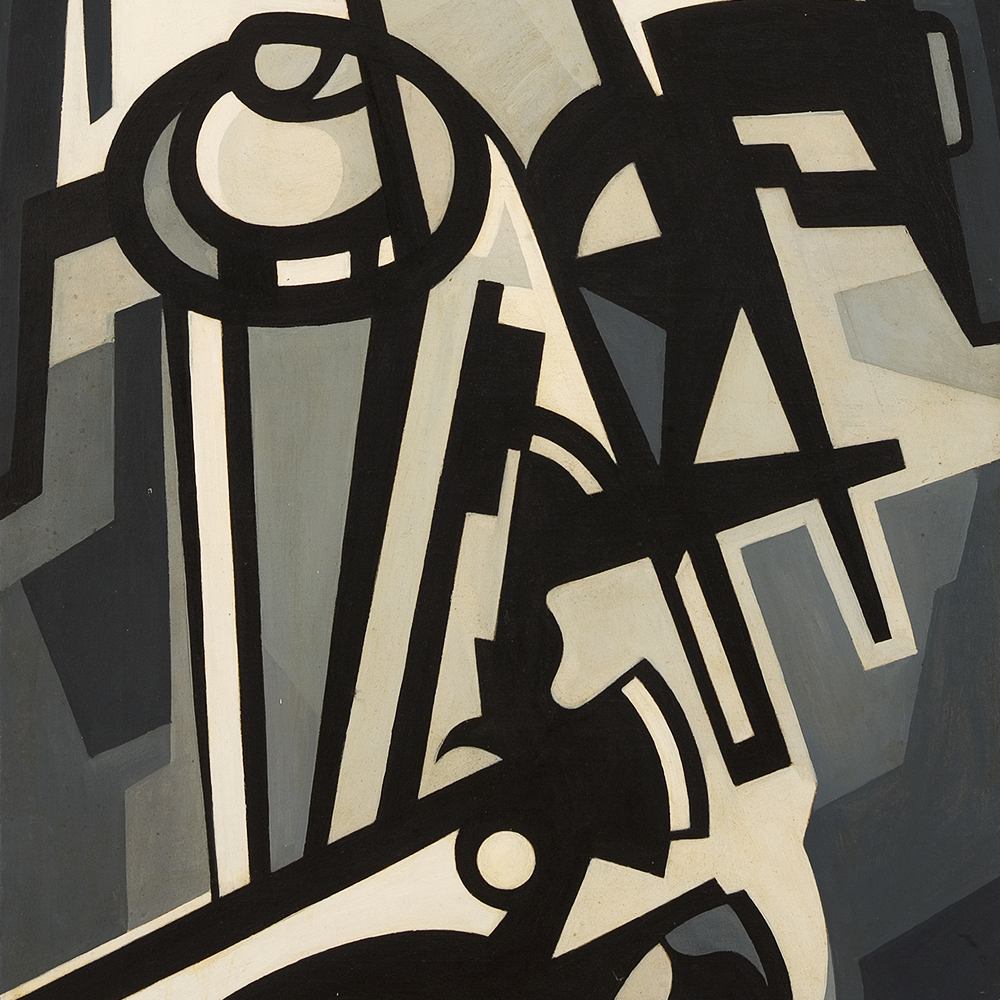
The Research-Led Performance cycle resumes with a workshop for young conductors, organised by the Institute for Music, coordinated by Marco Angius with the participation of soloists from the Orchestra of Padua and the Veneto Region, dedicated to the conducting of chamber ensembles: a formation varying in number and type of instrument that has characterised musical production ever since Arnold Schoenberg’s Kammersymphonie (1906). Six young conductors who have shown interest and aptitude for this repertoire will be selected by means of a call for applications. Alongside Schoenberg’s pioneering composition, two works by Italian composers who established a long-distance dialogue with the Viennese master will be tackled: Serenata No. 2 by Bruno Maderna and Hölderlin: Epilogo by Giacomo Manzoni. Practical sessions will alternate with theoretical ones, held by Gianmario Borio and Francisco Rocca. At the end of the work, a number of students will demonstrate the outcomes of the workshop in a public event.
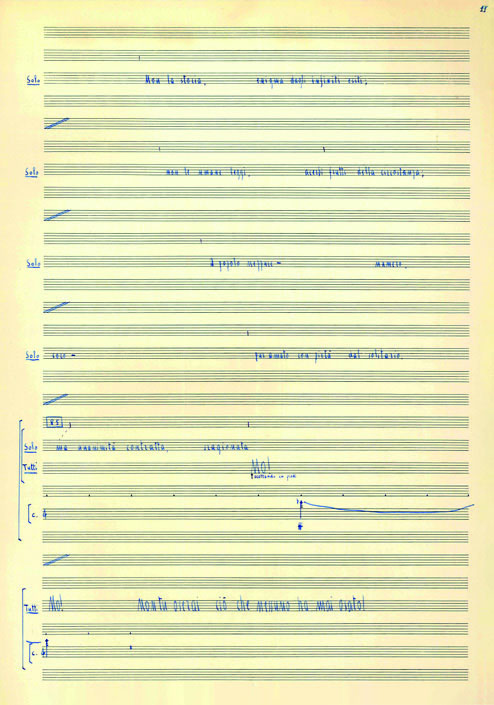
Articles
- Giuliano Danieli, Echoes of Folk Music in Roman Vlad’s Documentary Soundtracks: Intersections between Cinema, Ethnomusicology and Exoticism
- Alessandra Origani, Ernesto Rubin de Cervin: Scenes from his Cultural Biography
- Gabriele Sfarra, Three ‘Meditazioni’ by Giovanni Salviucci
- Maria Marta Vitale, Egisto Macchi’s ‘Pocket’ La bohème: Innovation and Tradition in the Reduction of Puccini’s Masterpiece
Focus
- Miriam Akkermann, Systematising (at) the Present for the Future: Reflections on Archiving Electroacoustic Music
- Laura Zattra, The Electroacoustic Music Archives at the Fondazione Giorgio Cini: A Review of the Camillo Togni, Fausto Romitelli and Giacomo Manzoni Collections
Documents and Reports
- Luigi Collarile, Andrea Gabrieli for Igor Stravinsky (Venice, 15 April 1971): The Choice of Sandro Dalla Libera
- Carlo Ferdinando de Nardis, A Musical Notebook by Alfredo Casella: Quaderno 9 (1924–1926)
The sixth issue of Archival Notes is available for download and consultation on the OJS platform of the Fondazione Giorgio Cini.
Mediation is a key concept in Theodor W. Adorno’s philosophy of music and in the current musicological debate. It defines the relationship between music and society, i.e. how music absorbs and processes social content even before entering the communicative flow. Moreover, compositions in the Western tradition require an external form of mediation: the transformation of text into sound. Lastly, technological reproduction in various media (record, radio, film and the Internet) constitute a further level of mediation. In these media, music undergoes changes that affect the attribution of meaning.
This book grew out of an event held by the Accademia Musicale Chigiana to mark the fiftieth anniversary of Adorno’s death (2019). The authors discuss problematic transitions in the philosopher’s thought and show its potential. In many chapters, the opposite pole of mediation, the pole of immediacy, is brought into play with its often important function in mediation processes. The prime reference sources are Adorno’s texts on old and new media (writing, radio and film): Music for Film (co-authored with Hanns Eisler) and two unfinished books, Current of Music and Towards a Theory of Musical Reproduction. Critical readings of these texts are supplemented by reflections aimed at redefining the dialectic of mediation and immediacy, taking into account performance studies, media theories, the sociology of listening and post-structuralism.
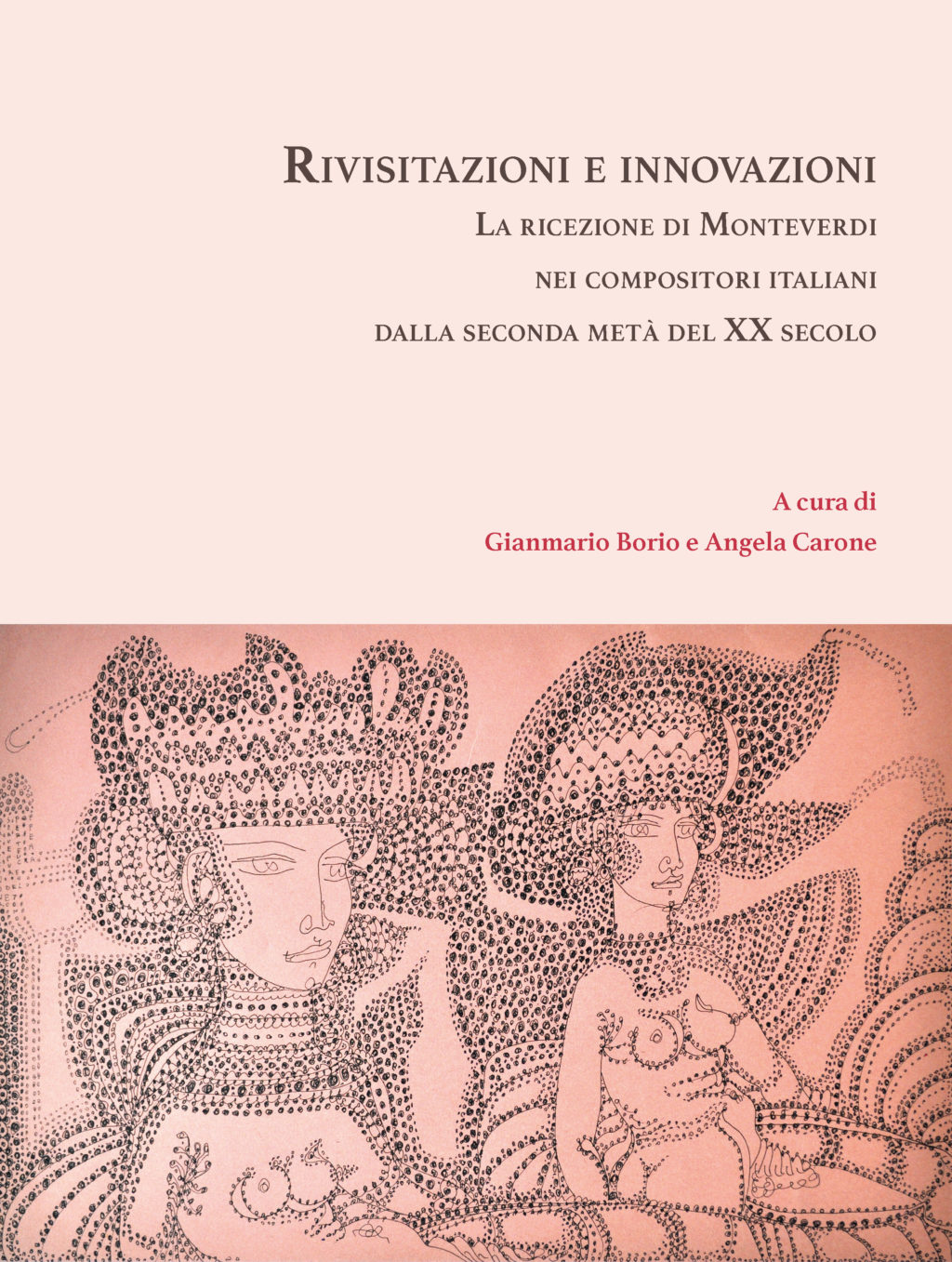
Around the mid-20th century there was a significant change of perspective among Italian composers interested in the production of Claudio Monteverdi. The preceding phase, dominated by the figure of Gian Francesco Malipiero, had been characterised by a gradual approach to Monteverdi’s music through transcriptions and productions of the works that pursued to varying degrees the ideal of reconstructing the original, with a strong tendency to historical accuracy, but which nevertheless did show some reworkings in the instrumentation. From the 1950s onwards, the approach became much more “creative” and took the form of structural reinterpretations of some of the Cremonese composer’s masterpieces and the updating of the original instrumentation. Monteverdi is no longer revived with the overarching nationalistic intentions of the immediately preceding generations, who saw him as the father of Italian opera, but for the modernity of his thought and his compositional technique.
The essays in this book, which focus on compositions that have not been investigated in musicological literature to date or on repertoire pieces that are now approached from a new perspective, show how, from Luigi Dallapiccola’s transcription of Ritorno di Ulisse in patria in 1942 up to the dawn of the new millennium, we have witnessed a varied process of both inte-gration and transcription of Monteverdi’s works making use of traditional instruments (Luciano Berio, Fausto Razzi) and of rewriting, also with the aid of new technologies (Bruno Maderna, Giorgio Battistelli, Ivan Fedele). In all cases, the work of “readapting” the music is underpinned by a careful analysis of Monteverdi’s production, also with a view to transferring features of his craft into works that are completely independent from it in terms of content and poetics (Luigi Nono). Composers who have directed Monteverdi’s operas have achieved equally diverse results (Sylvano Bussotti, Egisto Macchi) as have those who have enhanced the original model with prequels and sequels (Domenico Guaccero, Claudio Ambrosini).
The seven essays are by Rodolfo Baroncini, Angela Carone, Michele Chiappini, Paolo Dal Molin, Mila De Santis, Alessandro Maras and Federica Marsico.
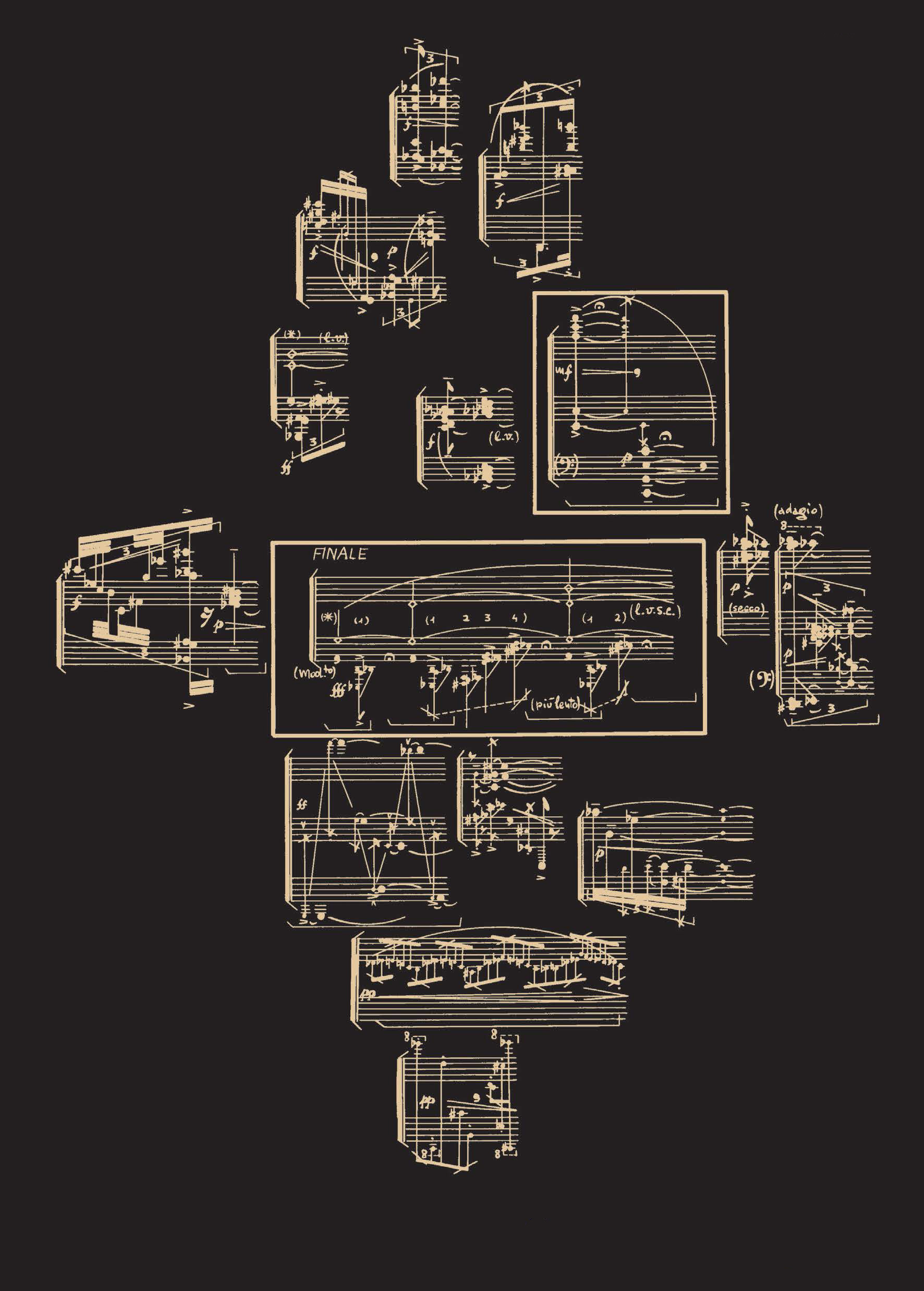
In concomitance with the ‘Eranos Experience’ conference, the Institute of Music is holding a concert featuring three Italian composers who have found the dimension of spirituality to be one of the vital focuses of their musical explorations: Renato de Grandis, Ernesto Rubin de Cervin e Giacinto Scelsi.
Ernesto Rubin de Cervin
Dono n. 4 (1994)
per flauto, clarinetto, pianoforte, violino e violoncello
Giacinto Scelsi
Ko-Lho (1966)
per flauto e clarinetto
Renato de Grandis
Zweite Rosenkreutzer-Sonate (1974)
per pianoforte
Renato de Grandis
MELEK nato, dal cuore luminoso (1978)
versione per flauto
Giacinto Scelsi
Trio per archi (1958)
per violino, viola e violoncello
Renato de Grandis
MELEK nato, dal cuore luminoso (1978)
versione per flauto, clarinetto, chitarra, pianoforte, violino e violoncello
mdi ensemble
Sonia Formenti, flauto
Paolo Casiraghi, clarinetto
Carlo Siega, chitarra
Annalisa Orlando, pianoforte
Lorenzo Derinni, violino
Paolo Fumagalli, viola
Giorgio Casati, violoncello
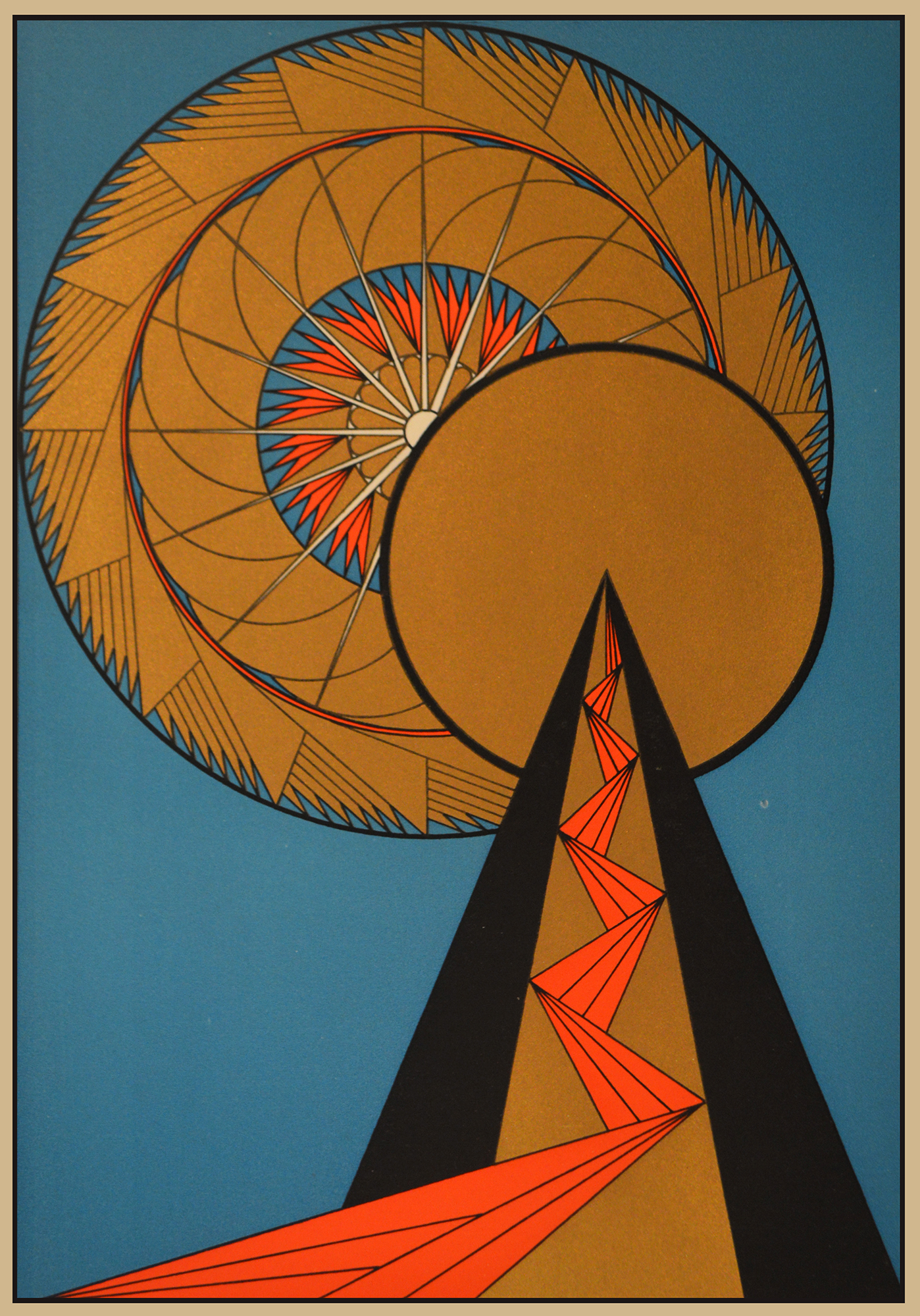
This conference has been organised by the Centre for Comparative Studies of Civilisations and Spiritualities, the Institute of Music, and the Intercultural Institute of Comparative Music Studies (all Fondazione Giorgio Cini) and the Center for the History of Hermetic Philosophy and Related Currents (HHP) at the University of Amsterdam. Inspired by Rudolf Otto and Carl Gustav Jung, the Eranos Colloquia were organised in Ascona by the Dutch activist, painter and researcher Olga Fröbe-Kapteyn from 1933 onwards.
The meetings brought together some of the most stimulating minds of the day to discuss topics such as spirituality, mysticism, myth and symbolism, with the aim of opposing what was perceived as an inexorable secularisation. The focus of the conference will be on the legacy of Eranos in the social sciences, humanities and the performing and figurative arts (music, dance, theatre and painting). The event will be enriched by a concert of the mdi ensemble that will play music by Renato de Grandis, Ernesto Rubin de Cervin and Giacinto Scelsi at the Auditorium “Lo Squero”.
Download the programme of the conference The Eranos Experience
Oops! We could not locate your form.







